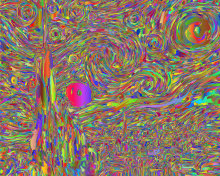Detained fake goods increase in the EU
Approximately 86 million fake items were detained in the European Union in 2021, an increase of almost 31 % compared to 2020, according to a joint report by the EUIPO and the European Commission. However, the estimated value of fake items detained in the EU amounted to over EUR 1.9 billion, a decrease of circa 3 % in 2021 compared to 2020.



